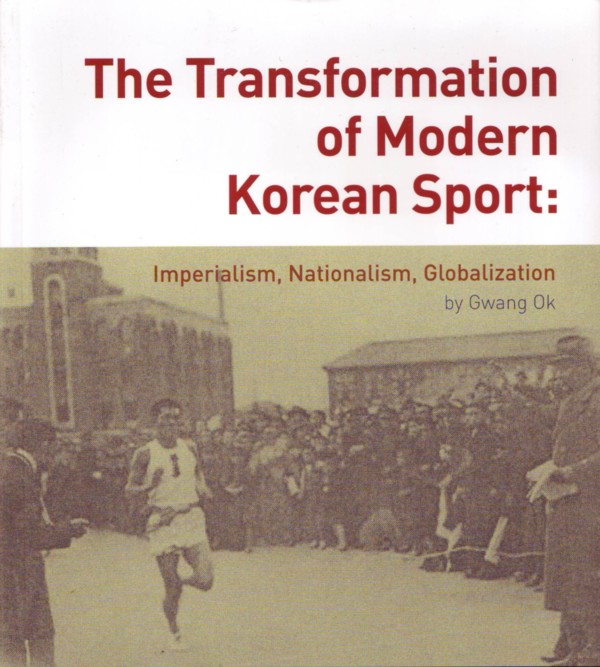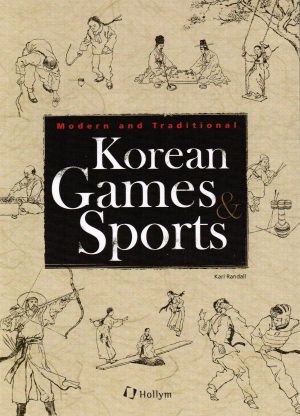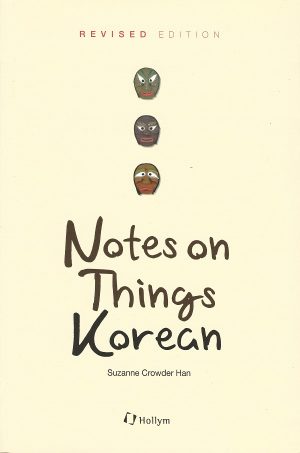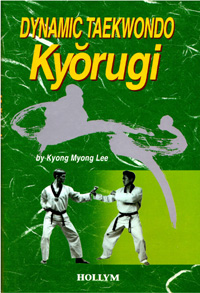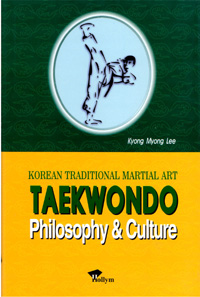Transformation of Modern Korean Sport
$39.50
Transformation of Modern Korean Sport
Sport in Korea is closely linked with national identity. The International Global sporting community recognizes the Korean success over the last two decades in hosting the 1988 Seoul Olympics and the 2002 Korea-Japan World Cup. Its evolution in Korean modern society has been a significant story in its cultural transition. Studies of Korean modern sport, nevertheless, still remain neglected to the extent of its relevance to the ideological perspectives. Scholars have searched for reasons for the Korean success by analyzing its history, society and culture. This study is intended to search for the significant role of sport in Korea…. A major concern of this study is to argue that the development of Korean sport has been used as a mechanism of promoting and supporting, cultural exchange between the West and the East, political and ideological advancement, the re-visioning of traditional values, and economical and social transformations…. This study also argues that the evolution of Korean sport has been the product of cultural diffusion, national assimilation and imperial resistance. In particular the Western introduction of modern sport is explored with regards to missionary work. A thorough investigation is extensively paid attention to the Japanese adoption of sport as a means of promoting policies for colonization, imperial expansion and social control. The role of sport as an internal reaction to these external threats is a significant finding. It will conclude that sport has been both a product and a mechanism to continue and change the society with emphasis on cultural diffusion, national assimilation and independent assertion in modern Korean cultural society. – from the Preface
Related Book(s):
-
-
-
Dynamic Taekwondo: A Martial Art and Olympic Sport
Price range: $19.50 through $24.50 Select options This product has multiple variants. The options may be chosen on the product page -
-

